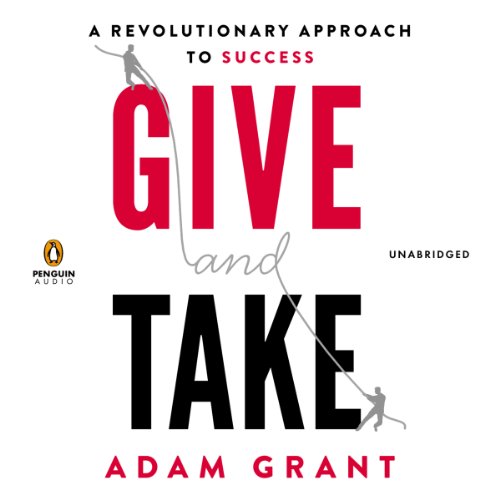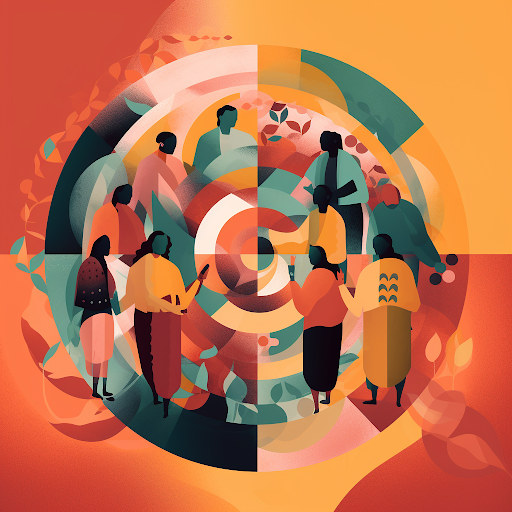Being a giver, not a taker, leads to success in business and life, creating a ripple effect of positivity.

Give and Take explores how success can be achieved by creating a culture of giving. The author presents three different types of people in the business world: givers, takers, and matchers. By examining their behaviors, he argues that being a giver can lead to greater success and satisfaction in the long run. Givers have a giving mindset, which benefits others as well as themselves. Matchers strive for an equal balance between giving and receiving, and takers are focused on receiving. Through various studies and anecdotes, the author demonstrates how givers can create a positive impact in both their personal and professional lives, and how it is possible to be a successful giver without sacrificing personal gain.
Title: Give and Take
Author: Adam Grant
Year of Publishing: 2013
Publisher: Viking Adult
Length in hours: 11 hours and 50 minutes


